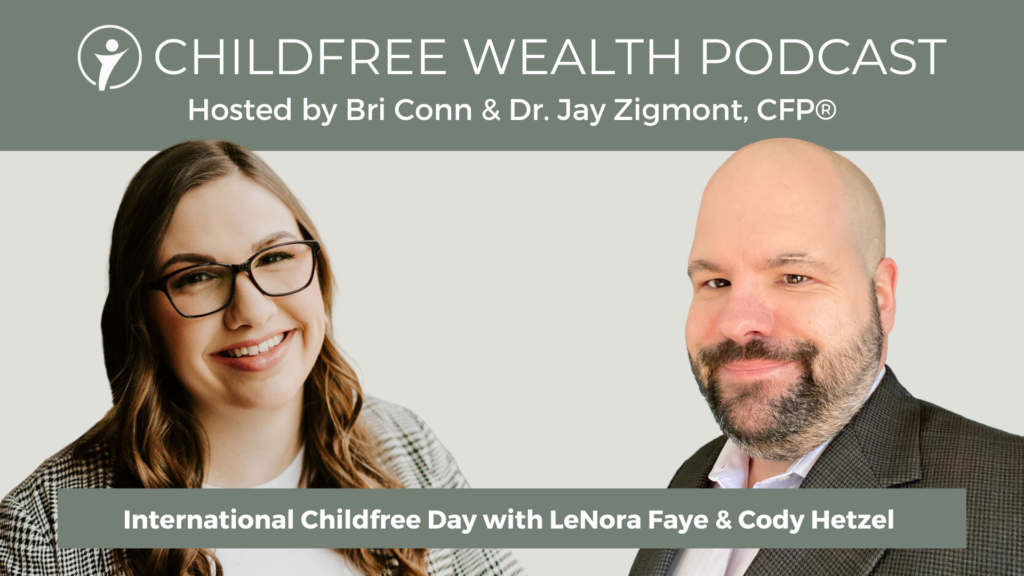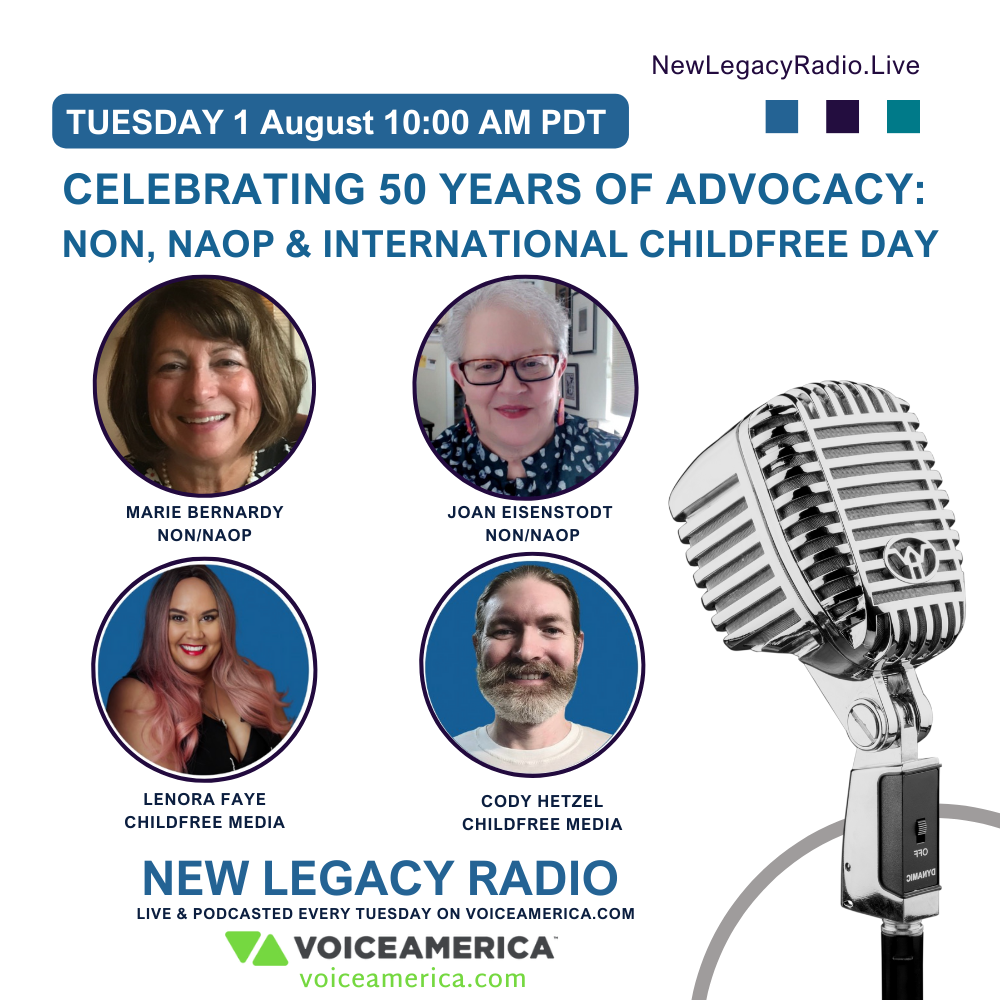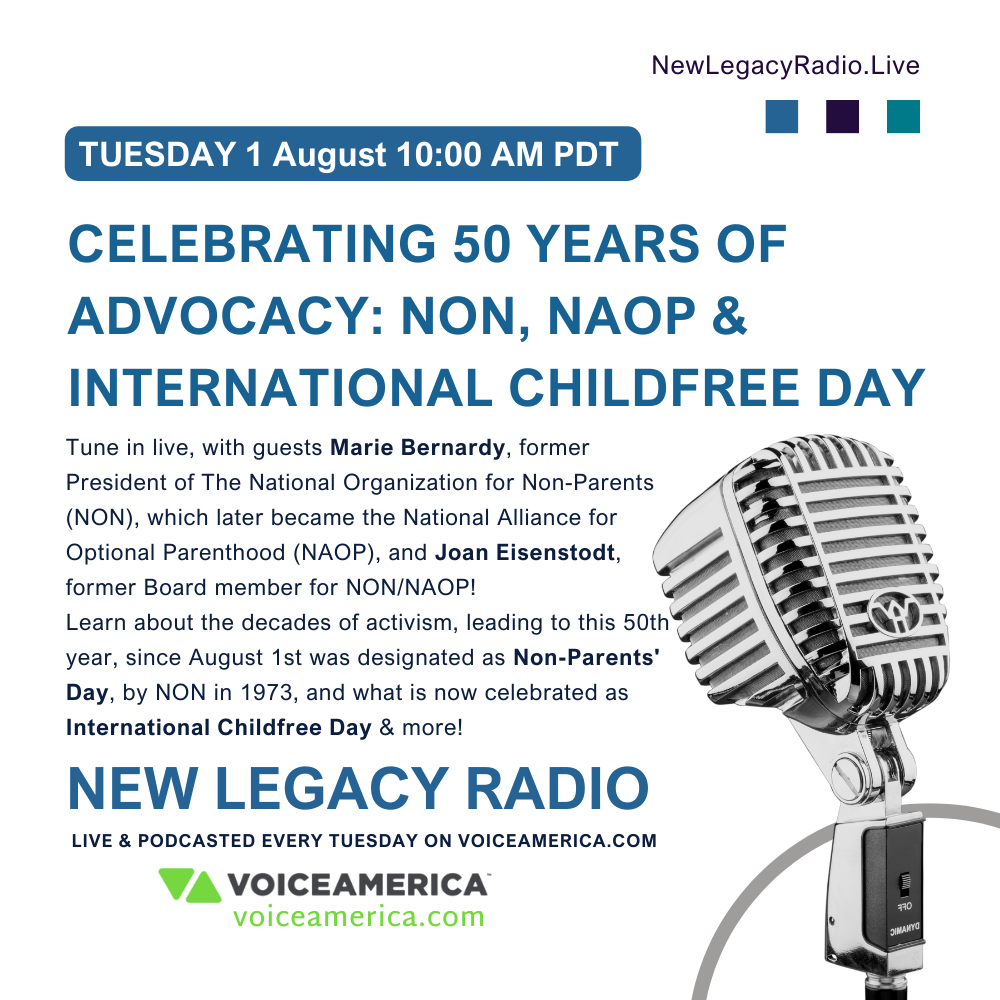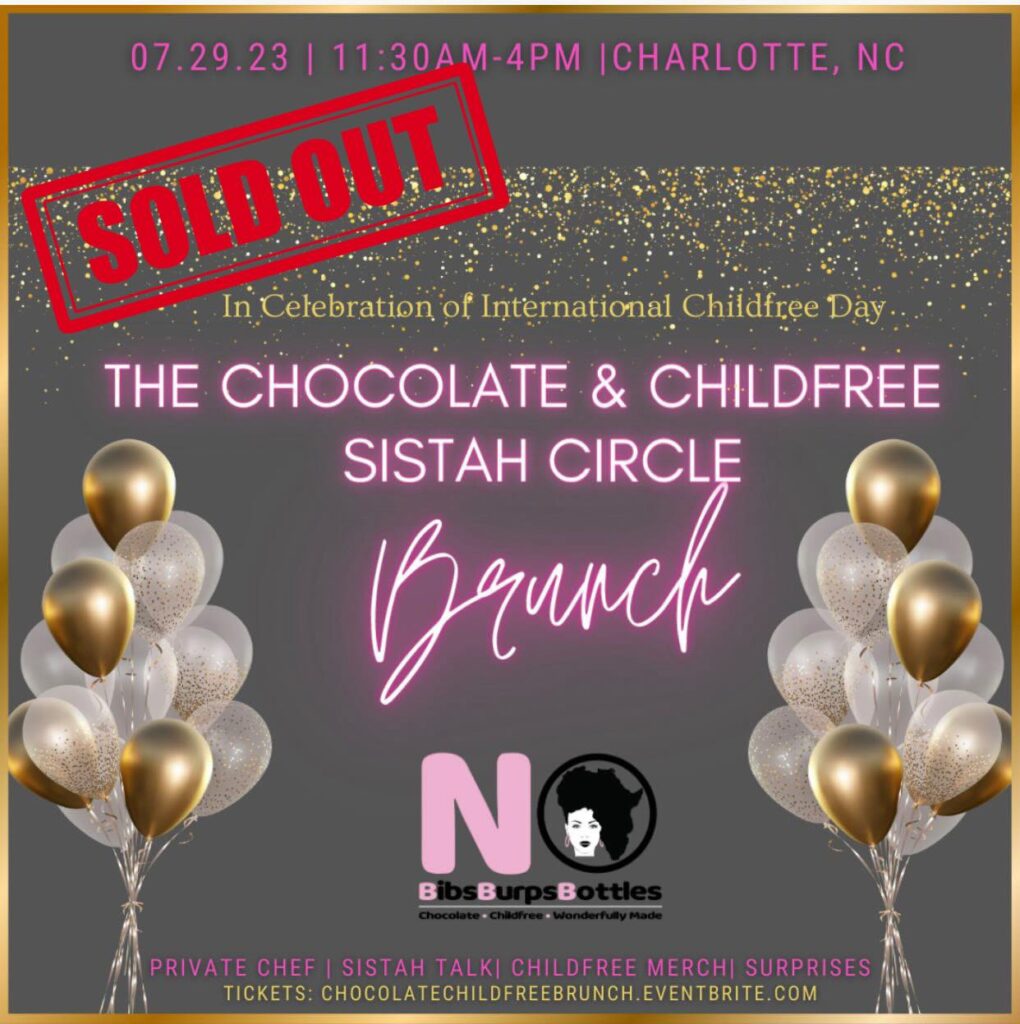Common Questions
~ It’s a lifestyle choice based on personal preference.
~ A childfree person has never had children, does not contribute to the birth of a child (e.g., via egg or sperm donation or surrogacy), does not pursue parenthood through adoption, guardianship, or fostering, and does not want to become a parent or step-parent.
~ The correct term for the lifestyle or identity is “childfree” — one word, no dash.
+ It’s often capitalized (“Childfree”) to emphasize the lifestyle or community.
~ The variations “child-free” or “child free” are grammatically correct but have a different meaning from “childfree”: they describe spaces, events, or situations where children or minors are not allowed or permitted.
+ For example: “This is a child-free resort” or “The bride and groom would like to have a child free wedding ceremony.”
~ The terms are mutually exclusive and have evolved into two distinctive communities.
~ The Childfree community focuses on celebrating the choice to not have a child and embrace that as part of their identity. People can enter the Childfree community at different stages in life.
+ Some have always known they did not want a child.
+ Some embrace the Childfree lifestyle after being unable to have a child.
+ Some realize their life has naturally unfolded without children, even though they are physically able to have them. They choose to continue their life without becoming a parent.
~ The Childless community focuses on planning to have a child, actively attempting to have a child, and offering support for those who are unable to have a child.
~ Pronatalism is the belief that it is good, expected, or even necessary to have a child or as many children as possible.
~ It’s often supported by culture, religion, family, and government.
~ There are many different reasons why people might be pronatalist. Some people believe that it is their duty to have children, while others believe that it is the best way to live a fulfilling life. Some people also believe that it is their duty to ensure that their genes are passed on to the next generation.
~ While some find comfort in these values, others feel pressured or marginalized by them.
~ Challenging pronatalism isn’t anti-family — it’s about creating space for all life choices, including not having children.
~ The short answer is no.
~ One can disagree with pronatailism and still support an individual’s right to choose to have a child.
~ An example of challenging pronatalism is: advancing reproductive rights and working towards a sustainable population.
~ Antinatalism is the philosophical position that argues it is morally wrong or unjustifiable to bring new people into existence. Antinatalists typically believe that birth causes unnecessary suffering—for the individual born, for others, or for the planet—and that not being born is preferable to being born and experiencing life’s inevitable hardships.
~ Key reasons people hold antinatalist views include:
+ Ethical: Life involves unavoidable suffering; creating someone guarantees they will experience harm.
+ Environmental: Having fewer or no children reduces human impact on the planet.
+ Philosophical: People cannot consent to being born; therefore, creating life imposes existence without permission.
+ Personal: Some see procreation as a selfish act done to fulfill parental desires rather than the interest of the potential child.
~ No, childfree and antinatalism are not the same thing.
+ Childfree is a lifestyle choice: “I don’t want kids.”
+ Antinatalism is an ethical argument: “No one should have kids.”
~ Some Childfree people may sympathize with antinatalist ideas, but many simply enjoy their life without children — no ideology required.
~ To watch a video diving into this topic, check out the 2022 Childfree Convention panel on Anti-natalism.
~ The short answer is no.
~ A definition of eugenics: “Eugenics is a fringe set of beliefs and practices that aim to control the genetic quality of a human population. Historically, eugenicists have attempted to alter human gene pools by excluding people and groups judged to be inferior or promoting those judged to be superior.”
~ Childfree is a personal decision, not a political movement or population control strategy. It’s about autonomy, not influencing who should or shouldn’t reproduce.
~ Eugenics involves imposing choices on others. Being Childfree is about individual freedom and consent — the opposite of coercion.















